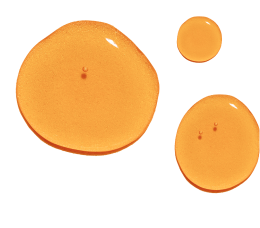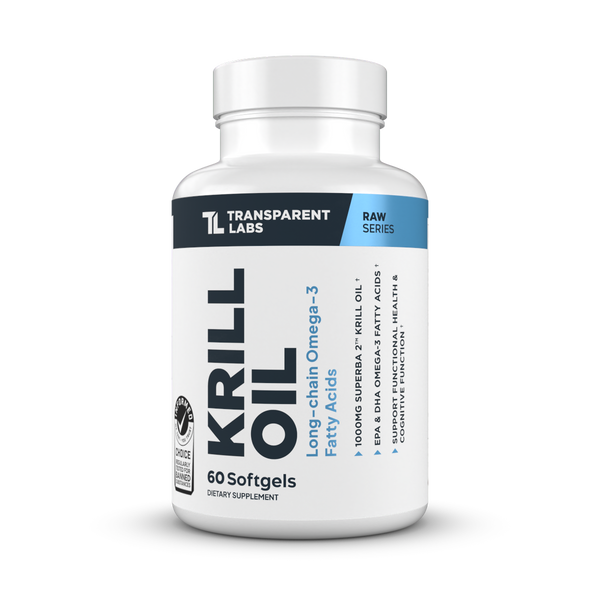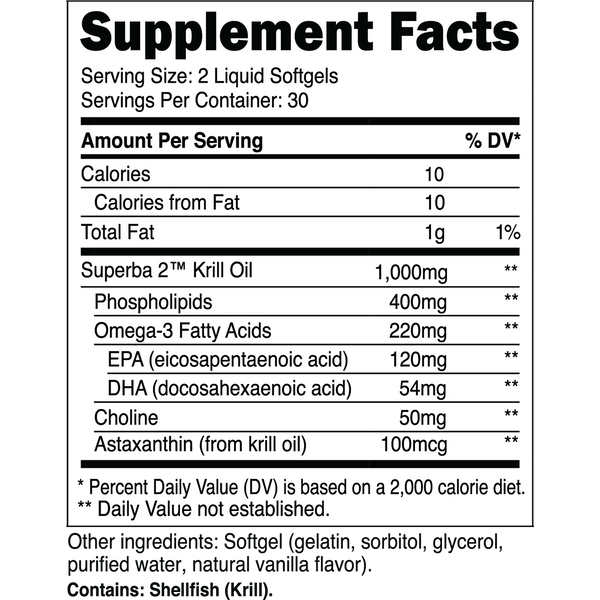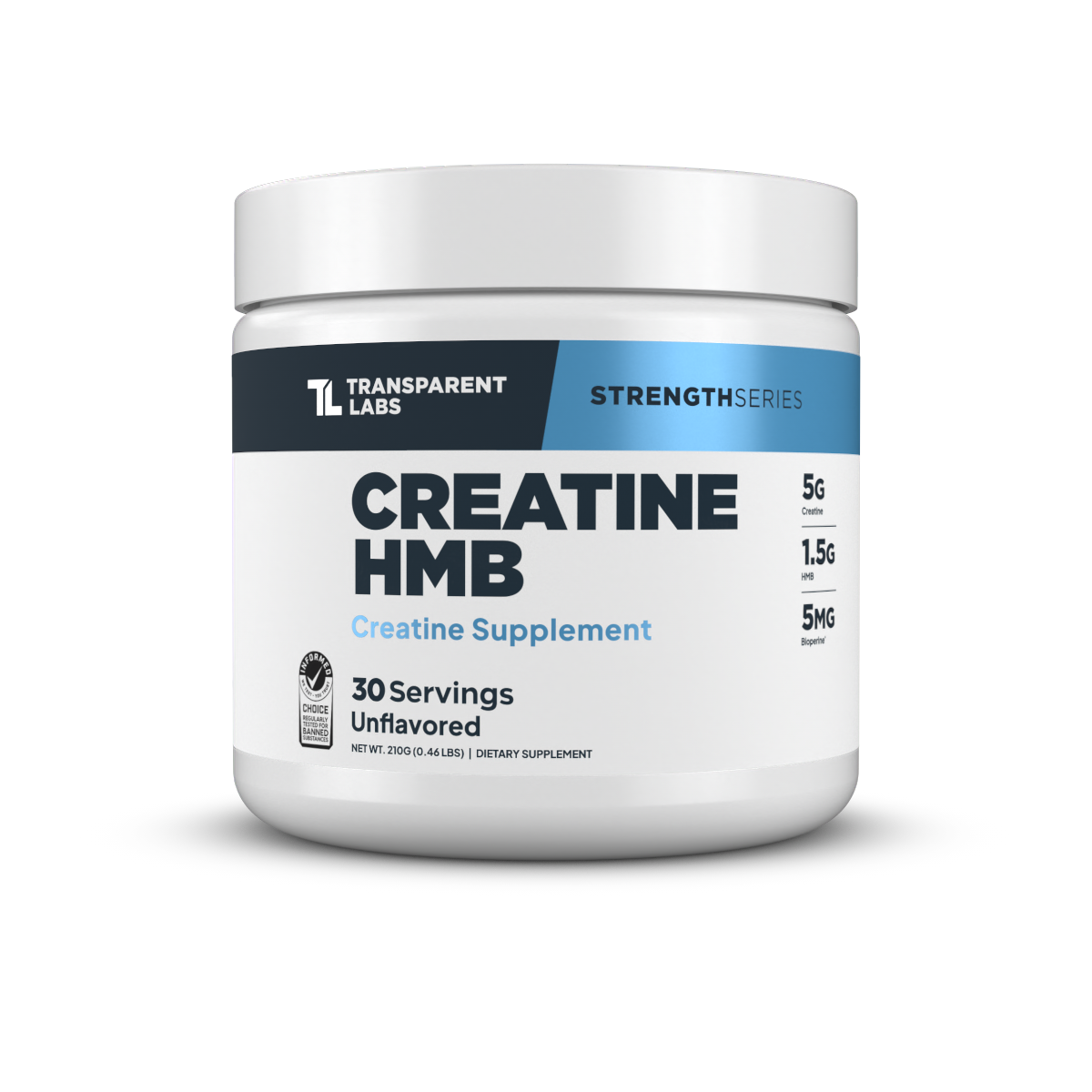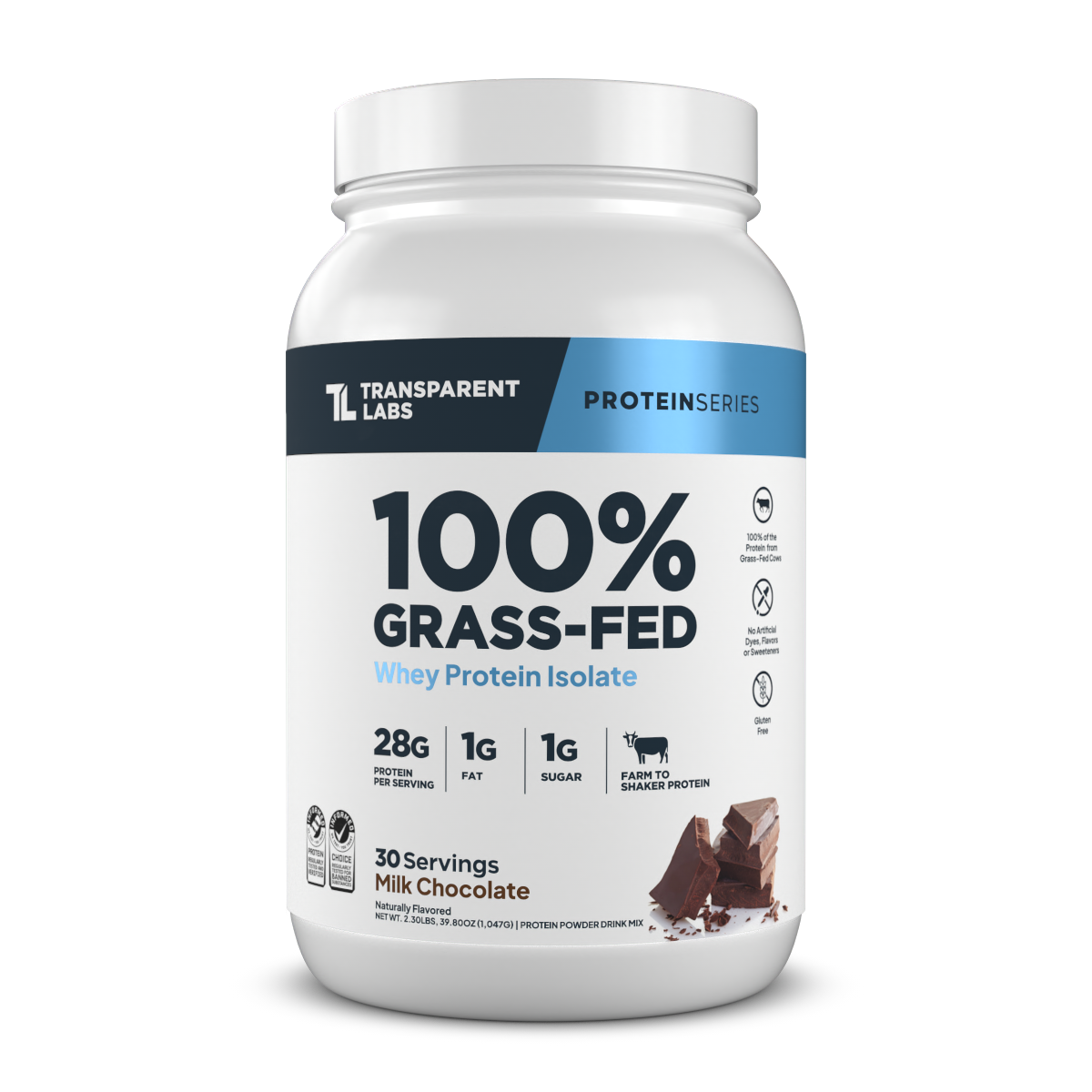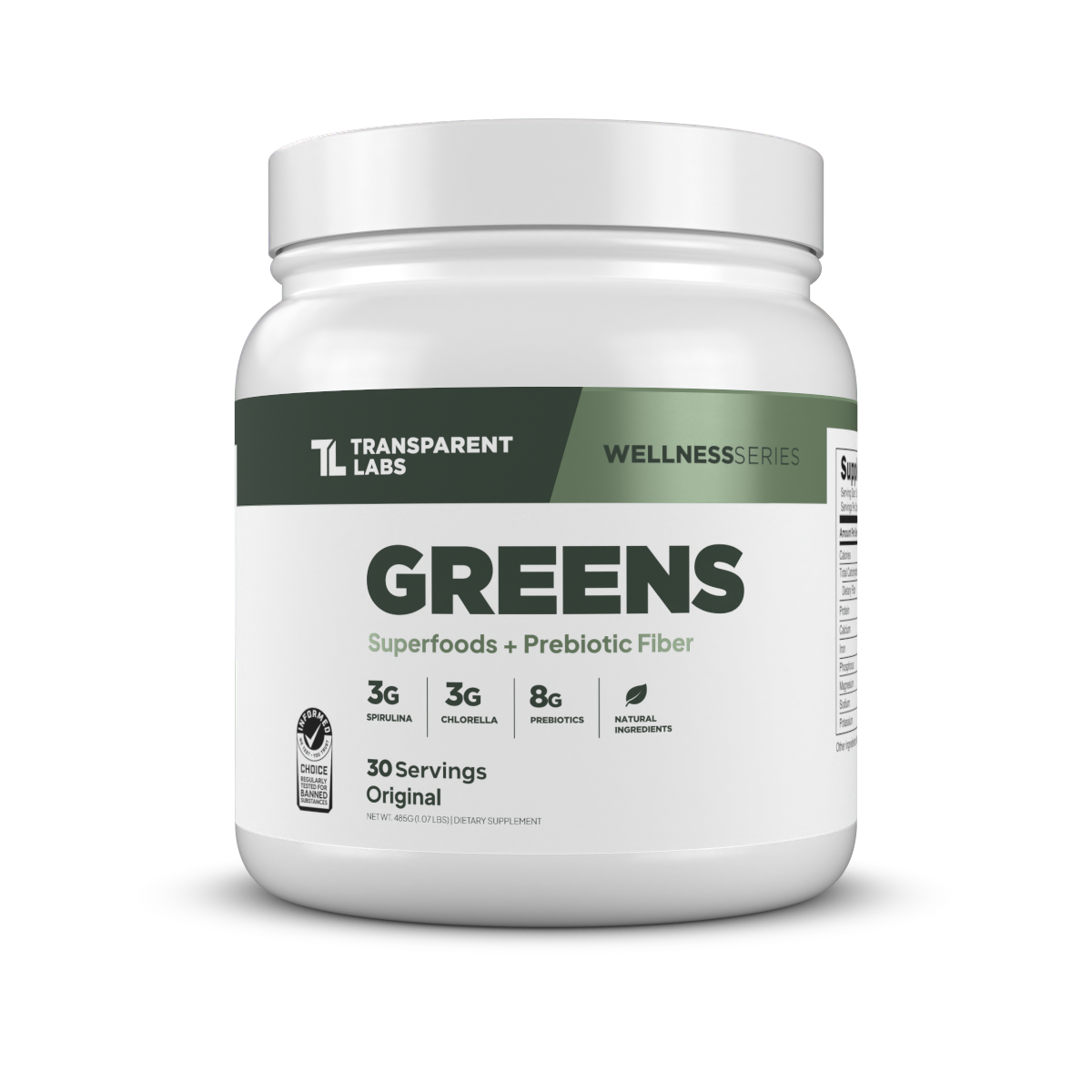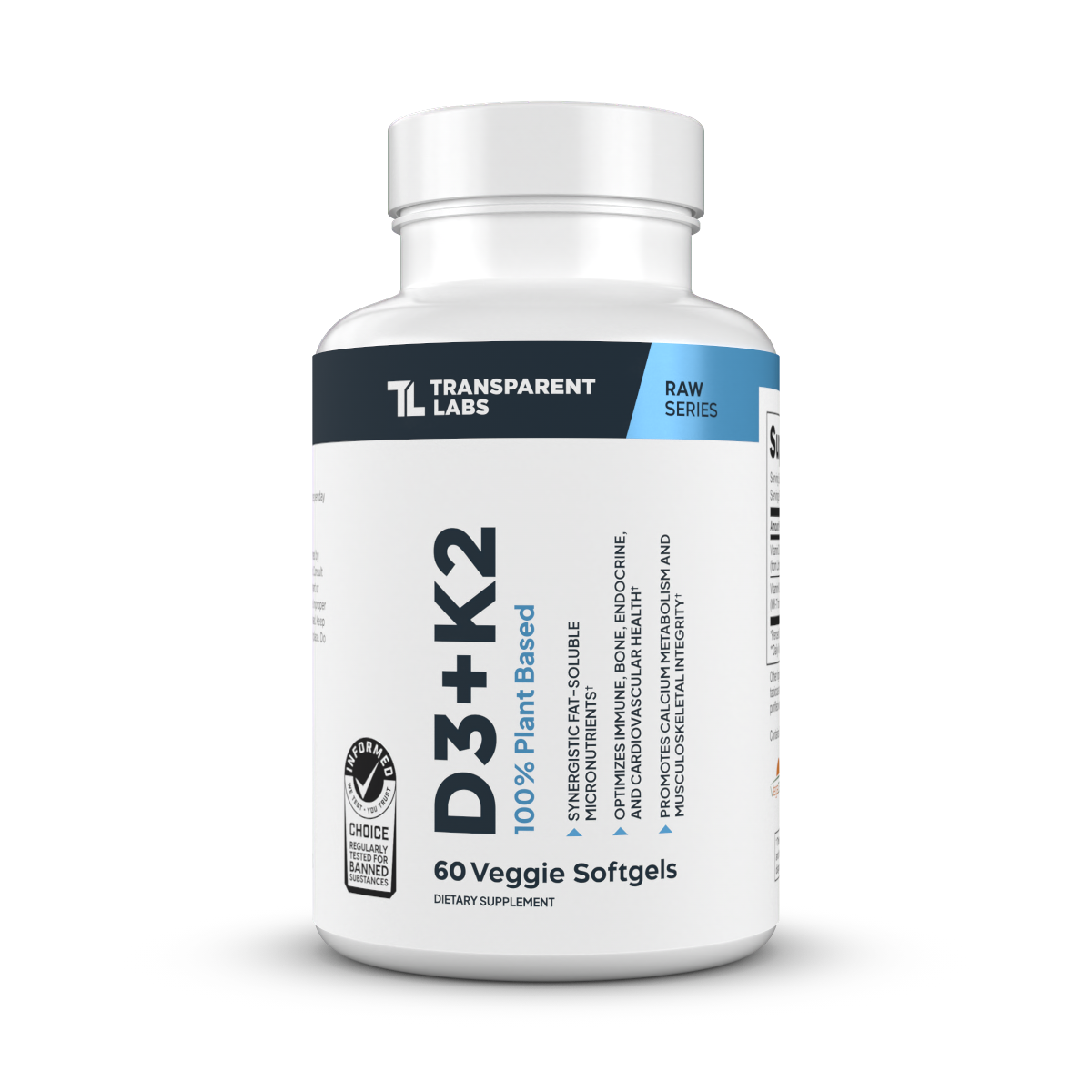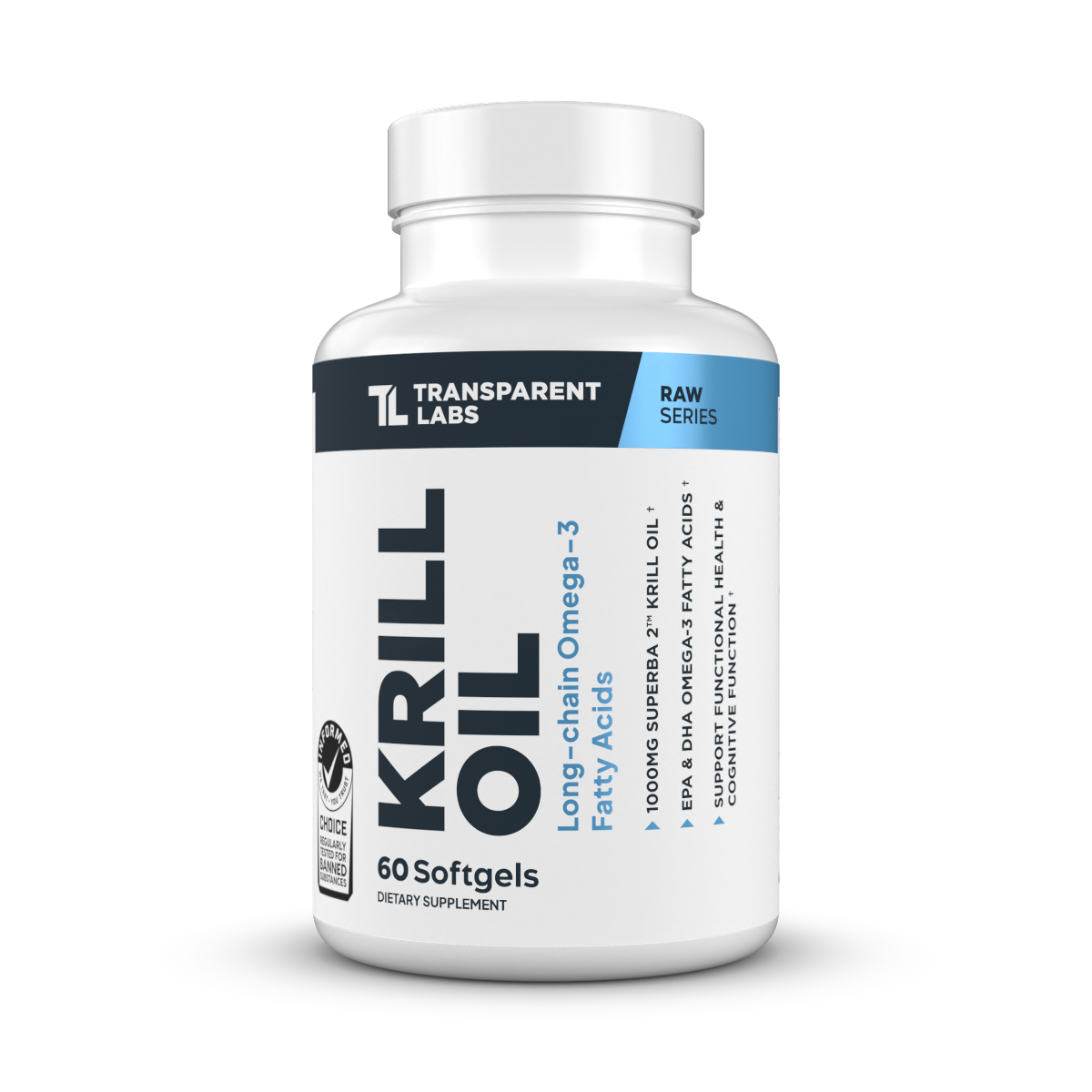
Krill Oil
Serving Size:
Third-Party Testing
We believe trust is earned through transparency. That’s why we provide full access to our third-party test results, so you can feel confident in what you’re taking. View all third-party tests.

Transparent Labs Krill Oil features Superba™, a high-purity source of omega-3 fatty acids, notably docosahexaenoic acid (DHA) and eicosapentaenoic acid (EPA), from sustainably sourced Antarctic Krill (Euphausia superba). Superba™ Krill Oil has more than 50 clinical studies demonstrating its numerous health benefits in humans, ranging from supporting blood sugar and blood lipid balance to cardiovascular function, immunity, joint integrity, and even cognition.
Unlike conventional fish oil supplements, krill oil provides essential omega-3 fatty acids in bioavailable and biocompatible phospholipid forms. In addition, taking krill oil won't cause an upset stomach or leave an unpleasant aftertaste (aka "fish burps") like many fish oil supplements.


Orders in the US over $99 ship free.
Once your order has shipped out from our fulfillment center, you will receive a Shipping Confirmation email. If you selected a tracked shipping method, you will receive your tracking information, along with the necessary steps to track your order, within this email. Please note, orders are generally fulfilled same day or next business day.
Click here for the full shipping and delivery guide »
45 Day Satisfaction Guarantee
If you are not satisfied with your product, we will offer you a full refund or store credit for the value of the item within 45 days of delivery.
Click here for the full refund policy »
why use Krill Oil?
Sustainably harvested Antarctic krill oil provides bioavailable omega-3s, antioxidants, and choline for heart, joint, and cognitive health.
Bioavailable EPA and DHA
Krill oil provides omega-3 essential fatty acids in highly absorbable phospholipid form for improved cellular uptake.

Support Joint & Muscle Recovery
Controls inflammation and joint discomfort, enhancing joint functionality and accelerating muscle recovery.

Enhance Cognitive & Eye Health
Naturally rich in astaxanthin and choline, supporting brain function, cognition, memory, and eye health.

Sustainable & Clean Source
Superba™ Krill oil is sourced using eco-friendly practices and tested for heavy metals, pollutants, and oxidation byproducts.

Key Ingredients
Superba™ Krill Oil
1,000 mg
Sourced from the Antarctic Krill species (Euphausia superba), Superba™ Krill Oil contains EPA and DHA in highly absorbable phospholipid forms, along with choline and astaxanthin.
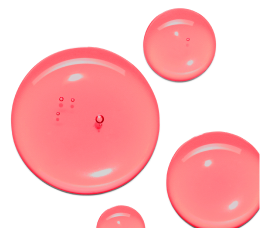
Choline
50 mg
Choline is an essential micronutrient that supports cell membrane structure, liver function, neurotransmitter synthesis, and overall cognitive function.
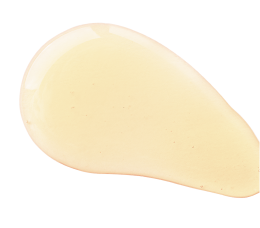
Astaxanthin
100 mcg
A potent antioxidant carotenoid protecting omega-3s from oxidation, enhancing brain, heart, and eye health, and reducing systemic inflammation.
